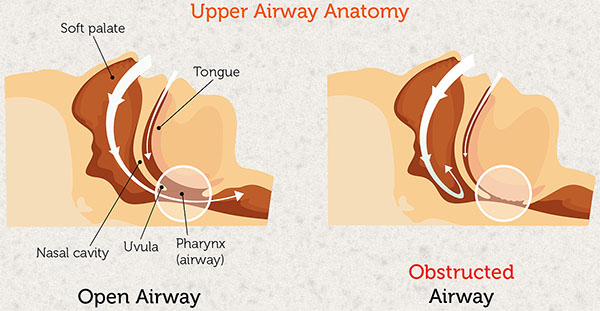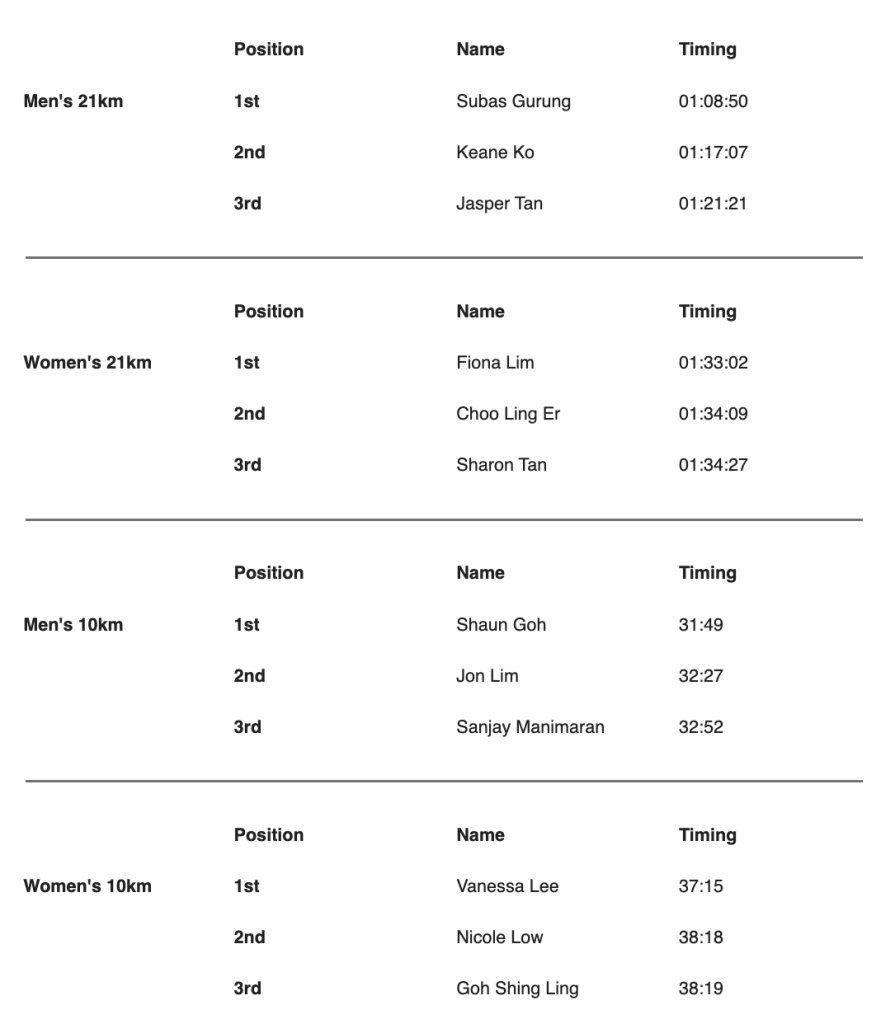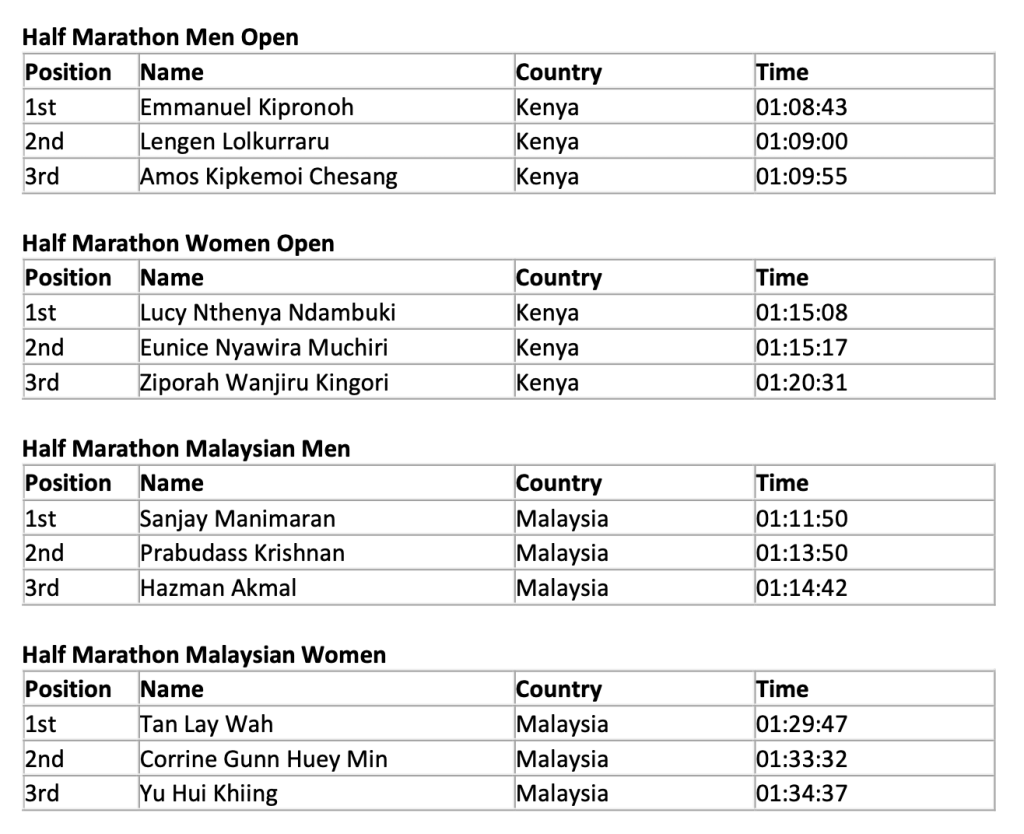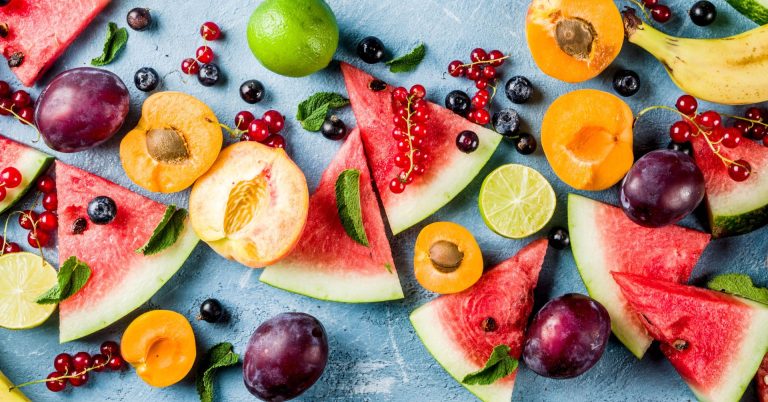The ideal workout for any age group should be one that suits your busy schedule and brings you joy. If a workout routine is inconvenient or doesn’t align with your lifestyle, it’s easy to abandon it altogether. The goal is to find an activity that you can commit to in the long run. You don’t necessarily need to join a gym or health club; simply find an exercise that boosts your energy levels and improves your mood, and you’ll be on the right track!
Workout for the 20s
It is important to have a well-rounded fitness routine that includes cardio, weight training, balance work, and stretching. Aim to incorporate cardio exercises, such as running, swimming, cycling, or walking, into your routine at least three to five days a week. The key is to find a cardio activity that you enjoy and can commit to in the long term. Additionally, include weight training at least two days a week, targeting all major muscle groups, including the back, chest, arms, core, shoulders, and legs. This will help ensure a balanced fitness routine that improves overall health and wellness.
20s focus: Consider cross-training
In your prime, your body is poised to take on any physical challenge, with rapid muscle recovery allowing you to push yourself to new heights. This makes cross-training an ideal workout strategy. Cross-training combines strength training (anaerobic) and cardio exercises (aerobic), laying a solid foundation for future fitness. By mastering proper technique through cross-training, you’ll set yourself up for success and create a strong base for your long-term fitness journey.
20s focus for women: Get into weight training
Many women in their 20s miss out on the benefits of weightlifting. Young women are encouraged to prioritize weightlifting and load-bearing activities to improve body composition, build muscle, and boost bone density during this critical period. It is important to incorporate exercises that work multiple large muscle groups, such as squats, deadlifts, and standing presses, into their workouts. By doing so, women can harness the advantages of weightlifting for long-term health and fitness.
20s focus for men: Do yoga
Yoga is a highly beneficial practice for individuals of all ages, but it’s particularly advantageous for men in their 20s. According to certified personal trainers and resources like the Yogi Times website, men in this age group need to prioritize flexibility and mobility, especially since modern lifestyles involve excessive sitting and screen time. Yoga can help counteract the negative effects of this sedentary behavior by improving posture, spinal alignment, and reducing muscle tension. This is especially important for men, who tend to have more muscle mass in their chest and shoulders, leading to tightness and stiffness with prolonged sitting.
Workout for the 30s
As you age, your body’s physical capabilities decline, and recovery from workouts takes longer. To combat this, it is suggested to incorporae resistance training at least twice a week, in addition to your regular routine. This is especially crucial for women, as it helps prevent potential future issues like osteoporosis and arthritis. Additionally, maintain interval-based cardio exercises like spinning at least three times a week. This combined approach will help you maintain overall fitness and mitigate the effects of ageing.
30s focus: Get some coaching
After the age of 30, muscle mass and strength gradually decline, according to a study in the Muscle, Ligaments and Tendons Journal. However, this age-related muscle loss can be slowed down. Interestingly, strength declines faster than muscle mass, indicating a decrease in muscle quality, which can be addressed through strength training. To combat this, it is suggested to work with a coach to improve form and incorporate a range of functional exercises like presses, pulls, squats, and deadlifts to maintain muscle strength and quality.
Workout for the 40s
If your workout routine consists only of cardio exercises, it’s essential to incorporate strength training exercises, at the very least. As we age, our bone density, strength, and muscle mass naturally decline, making strength training crucial. In addition to moderate-intensity cardio on most days, aim to include strength training exercises at least two times a week, targeting all major muscle groups during each session.
40s focus: Take a hike
Approach exercise with the same mindset as retirement planning: it’s never too late to start, and starting late is better than not starting at all. If you haven’t found a workout you enjoy yet, consider hiking as a great option. However, ease into it. Begin with hikes that match your fitness level, gradually increasing the distance and incline to avoid injury. The goal is to challenge your cardiovascular system and build strength in your legs and hips progressively.
Workout for the 50s
As we age, our bodies naturally slow down the process of building bone and muscle mass. To combat this, it’s crucial to prioritize resistance training, focusing on hips and shoulders. Resistance training not only improves bone density but also slows down the ageing process by preserving lean body mass. Consistent training for both men and women will see noticeable results. Additionally, aim for at least 30 minutes of walking, five days a week, which can be broken down into three 10-minute sessions if needed, to accommodate joint or schedule constraints.
50s focus: Leg strength
Your legs are the foundation of your body, comprising the largest and strongest muscles. By training these muscles, you can not only support your overall frame but also potentially benefit your brain health. Research in the journal Gerontology found a connection between increased leg power and slower cognitive ageing, suggesting that “stronger legs are linked to healthier brain ageing, both structurally and functionally. While the exact reason is unknown, combining strength and cardio exercises with sports like tennis can reap these benefits.
50s focus: Discover walking
If you’ve been a dedicated runner for decades, it may be time to consider a lower-impact option like power walking to reduce the strain on your joints. Many people by this age have experienced injuries that limit their ability to exercise, but walking is a great alternative, especially for those with knee issues. While walking may take longer to cover the same distance as running, the American Heart Association notes that it can be just as effective in reducing the risk of certain diseases, making it a great option for this stage of life.
Workout for the 60s
Exercise is the solution to boosting your energy levels, especially in your 60s, which is the most crucial decade for physical activity. Focus on exercises that promote independence and functional ability. Aim for a consistent routine that includes cardio walks, bodyweight exercises like situps, pushups, and wall sits, and 1-2 Pilates or yoga classes weekly. Consistency and proper form are essential. Avoid high-intensity exercises that may lead to injury, and prioritize sustainable, low-impact activities that support overall health and well-being.
60s focus: Reduce the impact
Minimal-impact training is a gentle and effective way to exercise without putting excessive strain on the musculoskeletal system. This type of training emphasizes resistance exercises that are low in impact, such as swimming, rowing, using an elliptical machine, spinning, and core exercises done in a stationary position. These exercises are important for individuals in this age group, as they help strengthen the aerobic system and core, which are critical for maintaining overall health and addressing age-related declines in certain organ functions.
60s focus: Work your muscles
Women in their 60s can significantly benefit from incorporating weightlifting into their routine twice a week. A study published in the Journal of the American Geriatrics Society found that older women who participated in regular strength and resistance training experienced fewer lesions in the white matter of their brains, indicating better preservation of memory and cognitive function. Notably, those who only strength-trained once a week did not experience the same benefits. Strength training is important for both physical and mental health, as “Strong is smart and smart is strong.”
Workout for the 70s
It is recommended that both men and women in this age group incorporate bodyweight training with assistance into their fitness routine. This can be achieved by working with a fitness trainer, using resistance bands, or trying the TRX suspension system. Balance exercises that challenge coordination are important, as they help maintain independence, strength, cognitive awareness, and mobility. It is also advised to allow ample time for recovery between exercises and aim for low-impact cardio sessions at least three times a week.
70s focus: Stick with safe cardiovascular movements
It’s essential to prioritize safe and effective cardio exercises that target visceral fat, the harmful fat that accumulates around the midsection, during this decade and beyond. Additionally, continue strength training to improve balance, prevent falls, and maintain independence. Focus on building a strong foundation by developing robust shoulders, spine, and core muscles. Furthermore, maintain strong legs, heart, and lungs through regular walks or hikes, which will also support brain function, promote a lean and trim physique, and prevent injuries.
Workout for the 80s
Nearly any activity you do will be good for your mind and body. Engaging in various activities can benefit both your mental and physical well-being. In particular, resistance training is crucial for maintaining muscle strength and should be a priority. Consider incorporating strength-training exercises into your routine, such as using machines at your local gym like leg extension or cable pull, to help preserve muscle strength and overall health.







































































